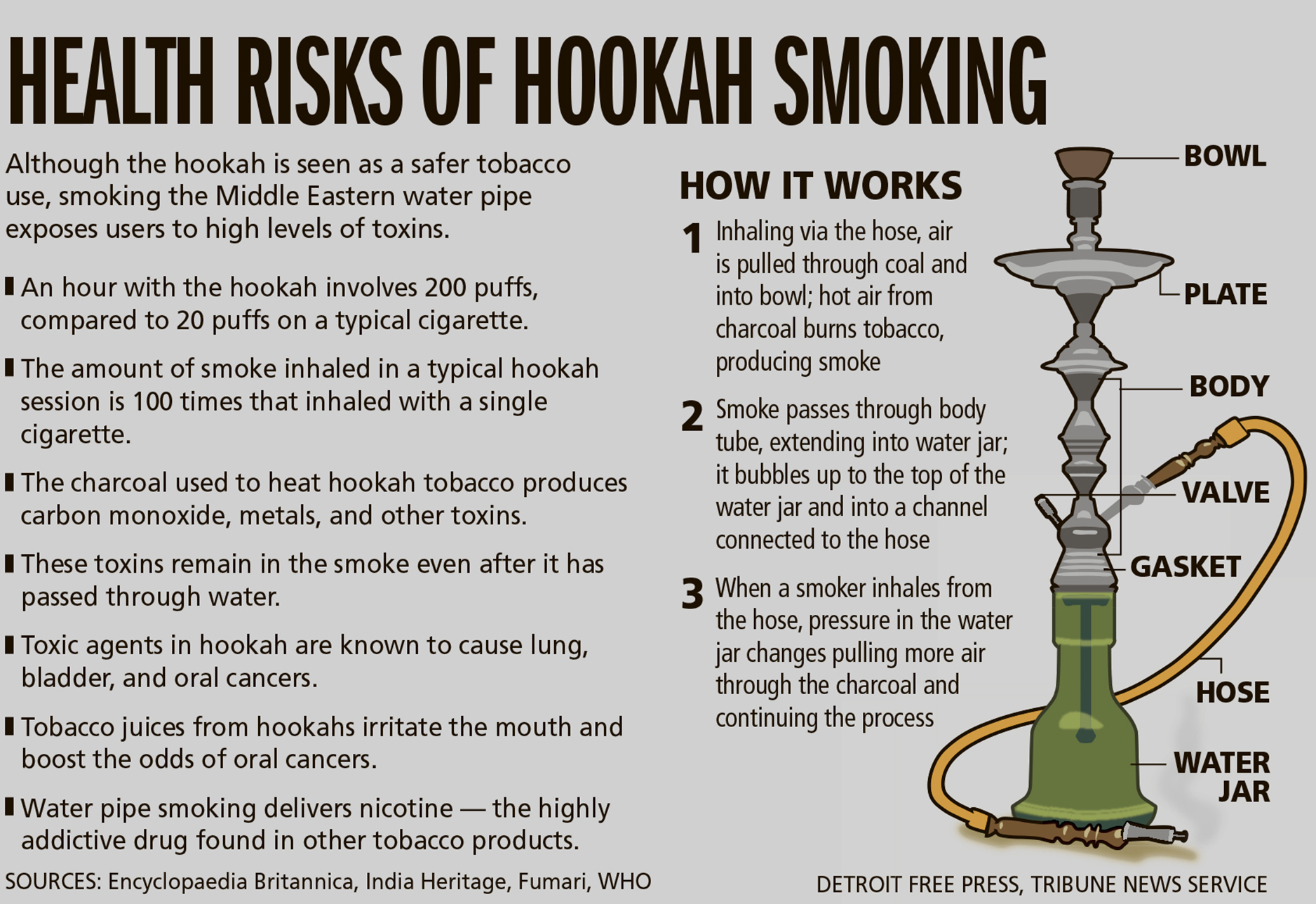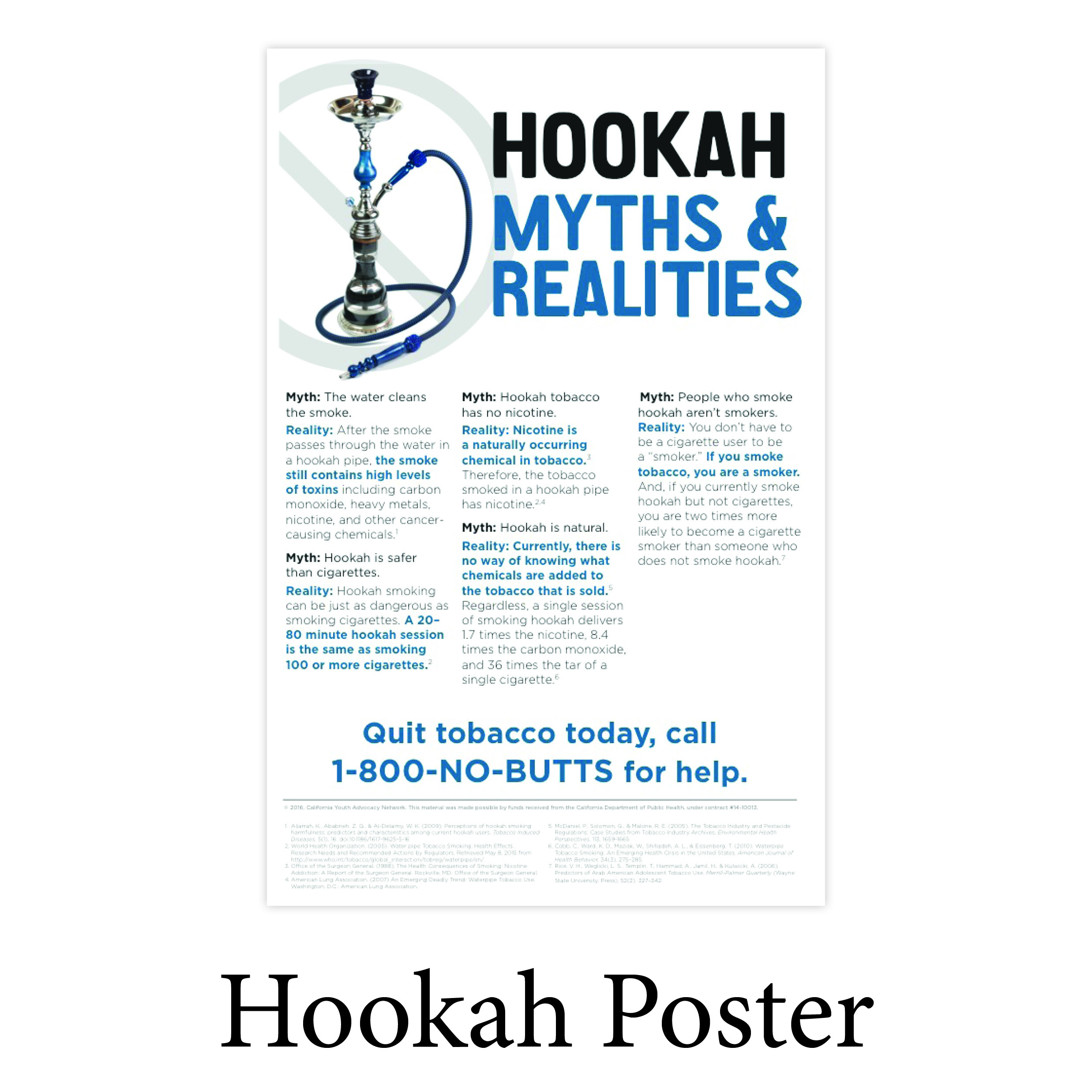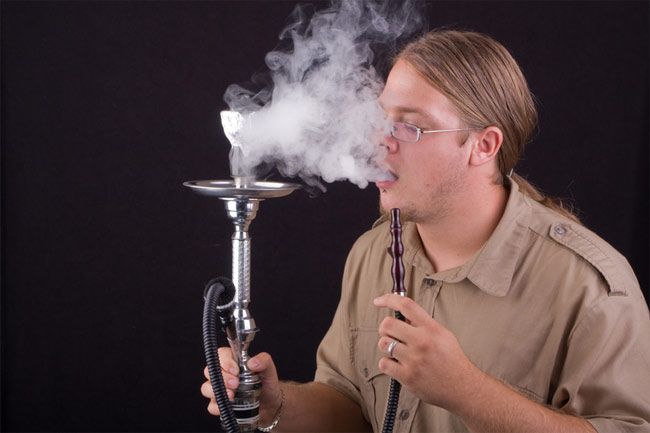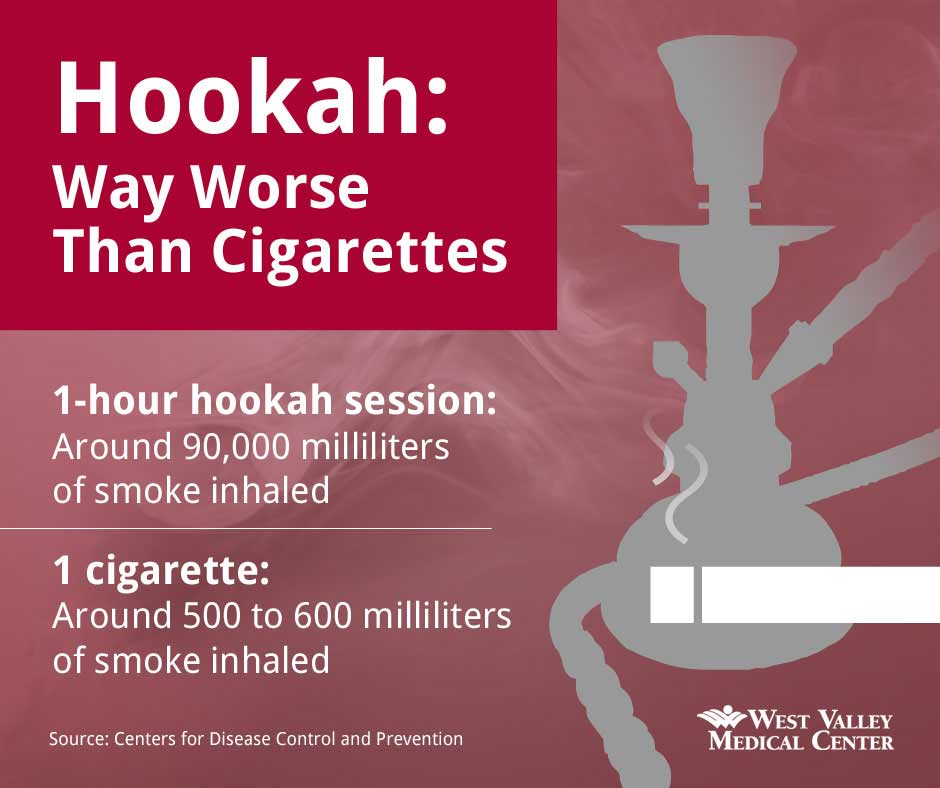Introduction To Hookah And Nicotine
Hookah, also known as a waterpipe, has been used for centuries as a traditional method of smoking tobacco. It originated in the Middle East and has since gained popularity worldwide. However, there are many misconceptions surrounding hookah and its nicotine content. Nicotine is a naturally occurring stimulant found in tobacco leaves, and it is highly addictive. Many people believe that hookah smoke is less harmful than cigarette smoke due to its filtration through water. In this article, we will debunk common myths about hookah and nicotine and explore the health risks associated with hookah smoking.
A Origins And History Of Hookah
The origins of hookah can be traced back to the Middle East, specifically to India and Persia. It is believed that hookah was first invented during the 16th century by a physician named Hakim Abul-Fath Gilani. Originally, hookah was used as a method to purify and cool the smoke of tobacco before it was inhaled, making it more enjoyable for users. Over time, hookah smoking became a social activity, with people gathering in hookah lounges to relax, socialize, and enjoy the flavors of different tobacco blends. Today, hookah has gained popularity worldwide and continues to be a cultural tradition in many countries. Ref
B What Is Nicotine And Its Effects
Nicotine is a naturally occurring chemical compound found in tobacco plants. It is the primary addictive substance in cigarettes and other tobacco products, including hookah. When nicotine is inhaled or ingested, it rapidly enters the bloodstream and reaches the brain, where it stimulates the release of dopamine, a neurotransmitter associated with pleasure and reward. As a result, users experience pleasurable sensations and feelings of relaxation. However, nicotine is highly addictive and can lead to dependence and cravings. Prolonged nicotine use is associated with various negative health effects, including increased heart rate, raised blood pressure, constricted blood vessels, and increased risk of cardiovascular disease.
Understanding Hookah Smoking And Nicotine Content

Hookah smoking involves the use of a water pipe to heat and vaporize flavored tobacco, resulting in the inhalation of smoke. The nicotine content in hookah smoke can vary depending on factors such as the type of tobacco, the size and duration of the smoking session, and the heat management techniques used. However, it is important to note that hookah smoke contains significant levels of nicotine, which can lead to addiction and other health risks. It is crucial for individuals to understand the nicotine content in hookah smoke and make informed decisions about their smoking habits.
A How Hookah Smoking Works
Hookah smoking works by heating and vaporizing flavored tobacco, which is then inhaled through a mouthpiece. The hookah’s water chamber acts as a filter, cooling and humidifying the smoke before it reaches the user’s mouth and lungs. The tobacco is placed in a bowl, and charcoal is used to heat it. As the tobacco heats up, it produces smoke that travels through the water chamber and into the hose, where the user inhales it. This process allows for the inhalation of flavored smoke, providing a social and enjoyable experience. However, it is important to understand the potential health risks associated with hookah smoking.
B Measuring Nicotine Content In Hookah Smoke
Measuring the nicotine content in hookah smoke can be a complex process. Researchers use various techniques to determine the amount of nicotine present in the smoke. One common method is to collect the smoke in a machine that simulates the inhalation process, similar to how a person would smoke a hookah. The collected smoke is then analyzed using high-performance liquid chromatography (HPLC) to quantify the nicotine levels. This method allows researchers to accurately measure the amount of nicotine delivered during a hookah smoking session. Understanding the nicotine content is crucial in assessing the potential health risks associated with hookah smoking.
Debunking Common Myths About Hookah And Nicotine

Despite the popularity of hookah smoking, there are several common myths associated with it that need to be debunked.
- Myth 1: Hookah smoking is not addictive – Contrary to popular belief, hookah smoking is highly addictive due to the presence of nicotine in the tobacco. Nicotine is a highly addictive substance that can lead to dependence and withdrawal symptoms.
- Myth 2: Hookah smoke contains less nicotine than cigarettes – In reality, hookah smoke contains a significant amount of nicotine, often even more than cigarettes. The duration of a hookah session and the deep inhalation of smoke can result in higher nicotine intake.
It is important to understand the facts and debunk these myths to make informed decisions about the potential risks associated with hookah smoking.
A Myth 1: Hookah Smoking Is Not Addictive
Contrary to popular belief, hookah smoking is highly addictive. Many people falsely believe that because hookah smoke is filtered through water, it is less harmful and addictive than cigarette smoking. However, the truth is that hookah smoke contains nicotine, a highly addictive substance that can lead to dependence and withdrawal symptoms. Nicotine addiction can have serious health consequences and can be difficult to quit. It is important to debunk this myth and educate people about the addictive nature of hookah smoking to help them make informed decisions about their health.
B Myth 2: Hookah Smoke Contains Less Nicotine Than Cigarettes
Contrary to popular belief, hookah smoke actually contains a similar or even higher level of nicotine compared to cigarettes. Studies have shown that a typical hookah session can result in smokers inhaling up to 36 times more nicotine than a single cigarette. This misconception may arise from the fact that hookah smoke is milder and smoother, making it easier to inhale deeper and for longer periods of time. However, the nicotine content in hookah smoke can still lead to addiction and dependency, just like with cigarettes. It is important to be aware of the nicotine levels in hookah smoke and the potential risks associated with it.
Health Risks And Impacts Of Hookah Nicotine

Hookah nicotine poses significant health risks and can have various negative impacts on users. Short-term effects include increased heart rate, elevated blood pressure, and impaired lung function. Long-term exposure to hookah smoke can lead to chronic respiratory conditions such as chronic bronchitis and asthma. Hookah smoking is also associated with an increased risk of developing lung, bladder, oral, and gastrointestinal cancers. Additionally, nicotine in hookah smoke can have detrimental effects on adolescent brain development and can even harm the fetus during pregnancy. It is important to be aware of these health risks and consider them when making decisions about hookah use.
A Short-term Effects Of Hookah Nicotine
Short-term effects of hookah nicotine can have immediate impacts on the body. When smoking hookah, the nicotine enters the bloodstream and can quickly lead to increased heart rate and elevated blood pressure. These effects can be harmful for those with cardiovascular conditions or hypertension. Additionally, hookah smoke contains harmful chemicals and toxins, such as carbon monoxide, which can impair lung function and cause symptoms like coughing, wheezing, and shortness of breath. It is important to understand that even short-term exposure to hookah nicotine can have negative effects on overall health.
B Long-term Health Risks Associated With Hookah Smoking
Long-term hookah smoking poses significant health risks. The continuous exposure to harmful chemicals and toxins in hookah smoke can lead to serious health issues. These risks include impaired pulmonary function, chronic obstructive pulmonary disease (COPD), and an increased risk of developing lung, bladder, oral, esophageal, and gastric cancers. The addictive nature of nicotine also makes it difficult for individuals to quit smoking hookah, leading to prolonged exposure to these health risks. It is crucial to understand that hookah smoking is not a safe alternative to cigarette smoking and can have severe long-term consequences on overall health.
Is Hookah A Safer Alternative To Cigarettes?

Contrary to popular belief, hookah is not a safer alternative to cigarettes. Many individuals perceive hookah smoking to be less harmful because the smoke passes through water. However, studies have shown that hookah smoke contains many of the same toxic components found in cigarette smoke, including nicotine, tar, and heavy metals. In fact, at least 82 toxic chemicals and carcinogens have been identified in hookah smoke. Smoking hookah still poses significant health risks and is not a safe alternative to cigarette smoking. It is important to recognize the potential dangers and make informed decisions about tobacco use.
A Comparing Risks And Health Effects Of Hookah And Cigarette Smoking
Hookah smoking and cigarette smoking both pose significant risks to health. Despite popular belief, hookah is not a safer alternative to cigarettes. Both forms of smoking expose individuals to toxic chemicals and carcinogens. The smoke from both contains nicotine, tar, and heavy metals, which can have detrimental effects on the body. These include an increased risk of lung, bladder, and oral cancers, as well as heart disease. Additionally, both can impair lung function and lead to chronic diseases such as chronic obstructive pulmonary disease. It is important to recognize that both hookah and cigarette smoking carry serious health risks.
B The Importance Of Moderation And Responsible Hookah Use
The importance of moderation and responsible hookah use cannot be overstated. While completely avoiding hookah smoking may be the safest choice, if someone chooses to smoke, it is crucial to practice moderation and be responsible. Here are a few key points to consider:
- Limit frequency: Engaging in infrequent hookah sessions can help reduce the overall health risks associated with smoking.
- Control session duration: Shorter smoking sessions can help minimize exposure to harmful chemicals and reduce the negative impact on your health.
- Choose reputable establishments: Selecting reputable hookah lounges or establishments that prioritize cleanliness and proper ventilation can help mitigate some of the health risks.
- Educate yourself: Stay informed about the potential health risks and be aware of the myths around hookah smoking. This will enable you to make informed decisions and encourage responsible use.
By practicing moderation and responsible hookah use, individuals can minimize the potential harms and protect their health to the best extent possible.
Conclusion And Myth Busting Recap

In conclusion, it is important to debunk the myths surrounding hookah smoking and nicotine. Contrary to popular belief, hookah smoking is not a safe alternative to cigarettes and does contain nicotine. The short-term effects of hookah nicotine can be harmful, and long-term use can lead to serious health risks. To protect one’s health, it is crucial to practice moderation and responsible hookah use. By staying informed and making informed decisions, individuals can minimize the potential harms associated with hookah smoking. It is important to remember that responsible hookah use means being aware of the risks and using hookah in moderation.
A Recap Of Debunked Myths About Hookah And Nicotine
Throughout this article, several myths about hookah and nicotine have been debunked. It is important to recap and clarify these misconceptions. First, the myth that hookah smoking is safer than cigarettes due to the water filtration has been debunked. While the water may cool the smoke, it does not remove harmful substances like nicotine and tar. Additionally, the myth that hookah smoke contains less nicotine than cigarettes has been debunked. In reality, hookah smoke can contain high levels of nicotine, which can lead to addiction and various health risks. It is crucial to be informed and make responsible choices when it comes to hookah smoking.
B Encouraging Informed Decision-making And Responsible Hookah Use
Encouraging informed decision-making and responsible hookah use is crucial in promoting individual health and well-being. In order to make informed decisions about hookah smoking, individuals should educate themselves about the risks and potential harm associated with it. They should also consider alternatives that can provide the same social experience without the harmful effects on health, such as herbal hookah or non-tobacco alternatives. Responsible hookah use involves moderation, understanding the signs of addiction, and seeking help if needed. By promoting awareness and providing resources, we can empower individuals to make responsible choices regarding hookah use.
FAQ about Hookah and Nicotine
Q: Is hookah tobacco made with nicotine?
A: Yes, hookah tobacco does contain nicotine, which is a highly addictive substance found in tobacco.
Q: How much nicotine does hookah tobacco typically have?
A: The level of nicotine in hookah tobacco can vary depending on the brand and blend. On average, it can range from 0.5% to 3%, but some brands may have higher nicotine content.
Q: Is hookah less harmful than smoking cigarettes?
A: Contrary to popular belief, hookah smoking is not considered a safe alternative to cigarette smoking. While hookah smoke may be filtered through water, it still contains harmful chemicals and toxins, including nicotine, which can have negative health effects.
Q: Can hookah tobacco be used without nicotine?
A: Yes, there are some hookah tobacco products available in the market that claim to be nicotine-free. However, it is important to note that these products may still contain other chemicals and additives that could be harmful.
Q: Is it possible to get addicted to nicotine through hookah smoking?
A: Yes, hookah smoking can lead to nicotine addiction. Nicotine is a highly addictive substance, and regular hookah smoking can result in dependence and the associated health risks.
Q: Can nicotine-free hookah be a safe alternative?
A: While nicotine-free hookah products may not deliver nicotine, they can still pose health risks. Hookah smoking involves inhaling smoke, which contains harmful chemicals, carbon monoxide, and other toxins. Therefore, it is not considered a safe alternative.
Q: Are there any health risks associated with hookah smoking?
A: Yes, hookah smoking poses several health risks. It can lead to nicotine addiction, respiratory issues, heart disease, increased risk of infections, and certain types of cancers. Prolonged exposure to secondhand smoke from hookah can also be harmful.
Q: Can hookah smoking have immediate effects on health?
A: Yes, hookah smoking can have immediate effects, such as lightheadedness, dizziness, and increased heart rate due to the nicotine and carbon monoxide present in the smoke.
Q: Is it possible to enjoy the flavors of hookah without nicotine?
A: Yes, for those who enjoy the social aspect and flavors of hookah, nicotine-free herbal blends are available. These blends use a combination of herbs, fruits, and flavorings to create a pleasant smoking experience without the addictive properties of nicotine.
Q: What are some alternatives to hookah smoking?
A: If you are looking for alternatives to hookah smoking, there are various options available. These include nicotine replacement therapies (like patches or gums), vaping with e-cigarettes (although this has its own risks), or simply opting for non-smoking activities and hobbies. It’s always best to consult with a healthcare professional for personalized advice.
Remember, understanding the risks associated with hookah smoking and making informed choices about your health is crucial.

Bites ‘N’ Pipes is a hookah lounge with a full bar and fabulous food. Come relax and hang with friends in a chill place. We are featuring everything you need for a good time. We have it all: WiFi, streaming your own music, foosball, comfy couches, delicious food, a pool table, great drinks, and sensational hookah. Plus, smoke anywhere! Bites’ N’ Pipes is the place for a low-key party or hanging out low-key. Check out our food menu and hookah flavors from the links above. Come make memories with us!